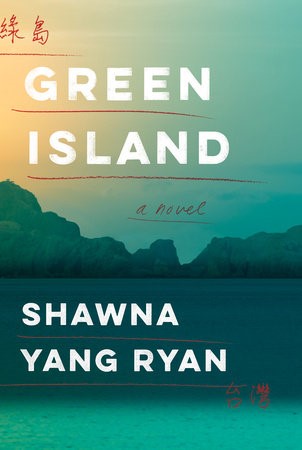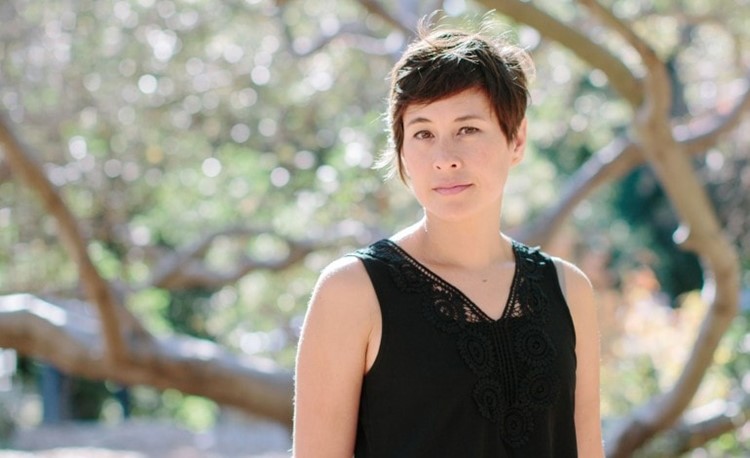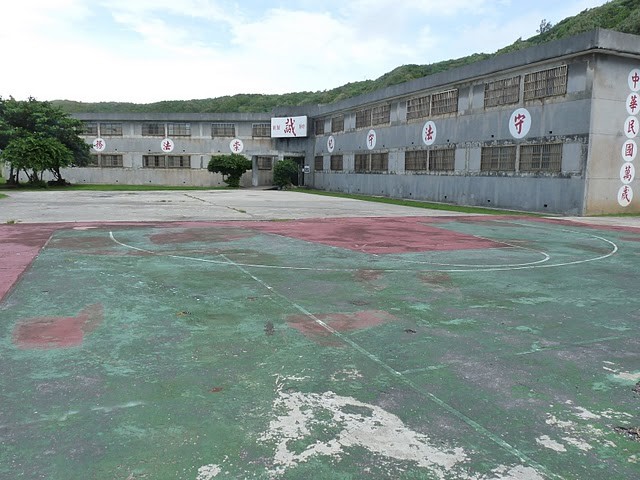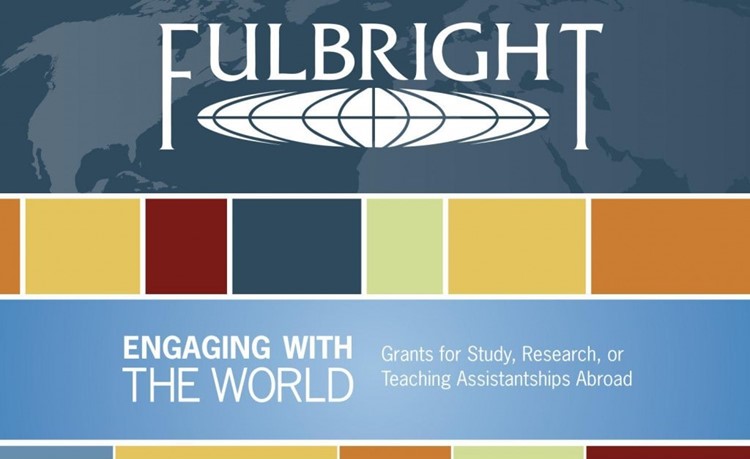
I love how book clubs can stretch me into books or genres of books that I might not have ever explored on my own. This month our local book club read Green Island by Shawna Yang Ryan. It was such an incredible read that I knew I had to share it with you. When preparing for this interview, as with most of these interviews, I discovered the author was just as intriguing as the book. I’m so excited to share an interview with Shawna today and how she prepared for her incredible new book.

I just love when a book educates you on a time in history that you have been completely unaware of. Ryan pulls off a magnificent literary feat by tackling six decades set in Taiwan over the course of the twentieth century. It is horrific what so many endured during this time and begins with the story of the unnamed narrator’s father being captured because he is suspected of Communist activities. He is kept for over a decade in brutal and inhumane conditions. It then follows his return home, the unkindness of others, the stress of feeling watched, and the other generations that continue to struggle through the decades with their own issues. It’s far too much to go into in a quick review, but you will learn a lot along the way!
There are a couple of things I would note when you dig into this great read. First, I wish I would have educated myself a bit before diving into it. I knew nothing about the Chinese nationalists or the history of Taiwan and there is no real introduction into the history of that. After a browse through Wikipedia, I was able to understand better, but it was a confusing time in politics and reading that first would have helped me through the book. I also found this one moves at a slower pace at times, but I felt it was worth the journey to really build out these characters.
Now grab your coffee and let’s chat with Shawna Yang Ryan this morning!

I understand that Green Island took fourteen years to write. What an incredible moment to finally see your book out in the world after all that time! What was your biggest challenge you faced when writing this book and how did the challenges compare to writing your debut novel, Water Ghosts?
I still have to pinch myself—I still can’t quite believe it’s out! The biggest challenge was managing all the information and figuring out how to tell the story in a way that was responsible to the people who had lived through the events. I felt much more free to be inventive and less beholden to the facts of history with Water Ghosts, which is set much further in the past and depends more on magical realism than history.

As an American, I was blindly unaware of this time in history for Taiwan and I am sure I echo many other Americans who were unaware as well. What do you think are some common misconceptions that are held about this time in history? What do you hope people will come away with after reading your book?
Thank you for saying that. I too was largely unaware of this history before I did this project. The biggest misconception is that Taiwan somehow “broke away” from China, rather than seeing the story as Chiang Kai Shek fleeing to Taiwan and then using it for his own purposes. The supposed “China/Taiwan split” is really about an old conflict between two Chinese political parties and not about Taiwan. Taiwan is separate from the Chinese Nationalists (or Kuomintang/KMT) but the two get conflated. I hope that after reading the book, people will understand Taiwan’s distinct history, and why the island rightly should be considered and recognized as an independent country, and not a “renegade Chinese province.”

In 1987, martial law was finally lifted in Taiwan. Did you find that people were still hesitant to talk to you when you were conducting interviews for your book or did you get the impression that they were finally unafraid? What was your favorite interview that you did while gathering your research?
I started interviewing in late 2002 and a few people were still afraid, though many more were relieved to speak out. One woman told me that her colleagues did not believe the story of the massacre and had called it a lie, so she was glad that more and more people were starting to talk about their experiences. The more time went on, the more comfortable, eager even, people were to talk. Every interview was so intense, so interesting and so moving that I really don’t have a favorite. I do have a fondness for one interview that I hadn’t planned for—I was interviewing someone else and she said, let’s go find So-and-So and we walked over to his shop and talked him right then. I liked that it was spontaneous, and I liked sitting in his little shop on an old street in a small mountain town outside of Taipei and hearing him talk. The setting and the conversation together were a beautiful experience.
I have read that your own mother is Taiwanese and the daughter of Chinese immigrants who had fled the mainland in 1949. Did any of your own relatives share or aid in crafting your story for Green Island?
I based some of the story of Ah Zhay’s husband on my grandfather, who, as you note, fled to Taiwan in 49. My aunt’s husband’s father was also a 49er, who married a local woman, and I borrowed a little from their unique story too. And I thought about my parents’ romance in Taichung in the 70s for the narrator’s experiences in that period. I also had a conversation with my dad about motorcycles and who rode what—it was fun to think of all the nuances embedded in something as simple as that.

You had the unique opportunity to come to Taiwan through the Fulbright program and then ended up staying in Taiwan for three years. What was just as impressive as your book to me was that while you were there you took Mandarin daily and tried to do many household tasks only speaking Mandarin.
Not only does the language have 20,000 Chinese characters, tones in your voice can mean completely different things. How difficult was it to learn for you and how do you think knowing this shaped and improved the quality of your writing?
It was extremely difficult and it’s still difficult! I get tongue-tied so often! Though I have learned so many characters by now that when I read something, I think, My god, how did I do it? How do I know that character, I don’t recall studying it—since every single one took countless repetitions to memorize. After all that, it was only last summer when I was visiting my family that I had what I guess must be the experience of fluency. I found myself listening to their conversations and not translating in my head. I even forgot they were speaking Mandarin. I was just in it. It was amazing! I guess twenty years of study gets you somewhere eventually!
Language study has made me more aware of grammar, so I think my sentences have a lot more formal transitions—more subordinators and conjunctive adverbs than before. I’m also more aware of the roots and connotations of words. I think about how metaphors might make sense in Mandarin.
What do you miss the most about living in Taiwan now that you are teaching in the Creative Writing Program at the University of Hawai’i?
I definitely miss my family. I also miss the feeling of being slightly not-at-ease with myself—feeling foreign and working through the day in another language. Lastly, Taiwan may be the most convenient place on earth to live. You can even do your dry cleaning at 7-11!
I loved reading that you had a really unique experience landing your literary agent. Can you tell us a little bit about your road to landing an agent with your first book?
I had been sending my first novel out for years and receiving rejections. One rejection stated that it sounded like a story, not a novel! I found that my former professor had started a small press, so I queried them, and his editor liked the manuscript and they ended up publishing it. Somehow, a copy found its way into the hand of Marilyn Dahl of “Shelf Awareness,” and she wrote a rave review. An agent saw the review and emailed me. It was out of the blue, and I had given up on going the traditional publishing route, so I was very surprised. My path was circuitous, but it worked out in the most ideal way.
If we want to learn more about Taiwan and their history, can you share books or documentaries that might help us understand more about what the Taiwanese people faced?
Julie Wu has a lovely novel called The Third Son that came out a few years ago. A few books by Taiwanese feminist author Li Ang have been published into English. Hou Hsiao Hsien, considered by some to be one of the best filmmakers in the world, has two films that are particularly historical: A City of Sadness, about the 228 Massacre, and The Puppetmaster, which is part narrative and part documentary about the life of puppeteer Li Tian-lu. Lastly, for nonfiction lovers, George Kerr’s Formosa Betrayed is a classic.
Toni Morrison’s Beloved is a perfect novel. The perfect novel? The language is dense and poetic, and it strikes the ideal balance between personal level intimacy with the characters and broad, historical importance, as it tackles the trauma of American slavery. And it has magical realism! This book is everything.
Watch this interview to learn more about why Shawna decided to write about Taiwan!
You can connect with Shawna Yang Ryan on her website or through Facebook! I’m always thankful for these moments with writers and I hope you will pick up this amazing book! You can always connect with me on GoodReads, through our books section of our site, and you can read our entire Sundays With Writers series for more author profiles. Happy reading, friends!
*This post contains affiliate links!
Pin It